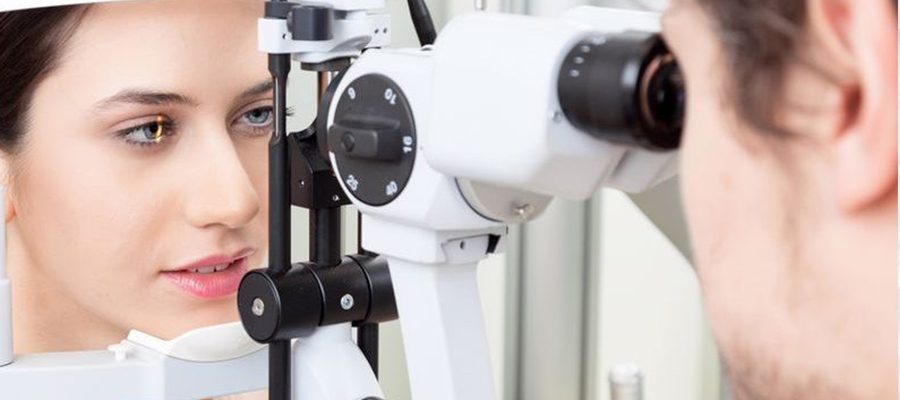
Estimated reading time: 3 minutes and 4 seconds
Optical Coherence Tomography (OCT) – Eye Tomography
Advanced Eye Tomography with Optical Coherence Tomography (OCT) at Aktif International Hospitals
Optical Coherence Tomography (OCT) is a non-invasive imaging technique used to visualize and assess the structures of the eye with unparalleled detail and precision. At Aktif International Hospitals, we offer state-of-the-art OCT technology to aid in the diagnosis, monitoring, and treatment of various eye conditions. Our team of ophthalmologists utilizes OCT to provide comprehensive and personalized eye care, ensuring the best possible outcomes for our patients.
Frequently Asked Questions
What is Optical Coherence Tomography (OCT), and how does it work?
Optical Coherence Tomography (OCT) is an advanced imaging technology that uses light waves to generate high-resolution cross-sectional images of the retina, optic nerve, and other structures within the eye. OCT works on the principle of interferometry, where the interference patterns of reflected light waves are analyzed to create detailed images of tissue layers and structures.
Why is Optical Coherence Tomography (OCT) important for eye care?
OCT plays a crucial role in the diagnosis, management, and monitoring of various eye conditions, including:
- Macular degeneration: OCT helps in the early detection and monitoring of changes in the macula, allowing for timely intervention to preserve vision.
- Diabetic retinopathy: OCT enables precise evaluation of retinal thickness and morphology, aiding in the diagnosis and monitoring of diabetic macular edema and other complications of diabetic retinopathy.
- Glaucoma: OCT provides objective measurements of the optic nerve head and retinal nerve fiber layer, assisting in the diagnosis and monitoring of glaucoma progression.
- Retinal diseases: OCT allows for detailed visualization of retinal layers and pathology, facilitating the diagnosis and management of conditions such as retinal detachment, epiretinal membrane, and macular holes.
- Corneal diseases: OCT can assess corneal thickness, morphology, and pathology, aiding in the diagnosis and management of corneal conditions such as keratoconus, corneal dystrophies, and corneal scars.
What can I expect during an Optical Coherence Tomography (OCT) procedure?
During an OCT procedure:
- The patient will be seated comfortably in front of the OCT machine.
- The technician will align the patient’s eye with the OCT scanning beam and instruct them to fixate on a target.
- The OCT machine will scan the eye using low-coherence light waves, generating cross-sectional images of the retina, optic nerve, and other structures.
- The entire procedure is painless, non-invasive, and typically takes only a few minutes to complete.
Why choose Aktif International Hospitals for Optical Coherence Tomography (OCT)?
Aktif International Hospitals is committed to providing the highest standard of eye care using the latest advancements in technology and expertise. Our team of experienced ophthalmologists and technicians is dedicated to delivering accurate, reliable, and personalized OCT imaging services to assist in the diagnosis and management of various eye conditions. With state-of-the-art equipment and a patient-centered approach, we ensure that every patient receives the best possible care and outcomes.
Schedule Your Optical Coherence Tomography (OCT) at Aktif International Hospitals
If you require Optical Coherence Tomography (OCT) imaging or have been diagnosed with an eye condition that may benefit from OCT, contact Aktif International Hospitals to schedule your appointment. Our experienced ophthalmologists and eye care team are here to provide comprehensive evaluation, expert guidance, and tailored treatment plans to meet your individual needs. Don’t compromise on your eye health—schedule your OCT appointment today and take the first step toward clear vision and optimal eye health.
Author: Abdulvahit Demir


 TR
TR